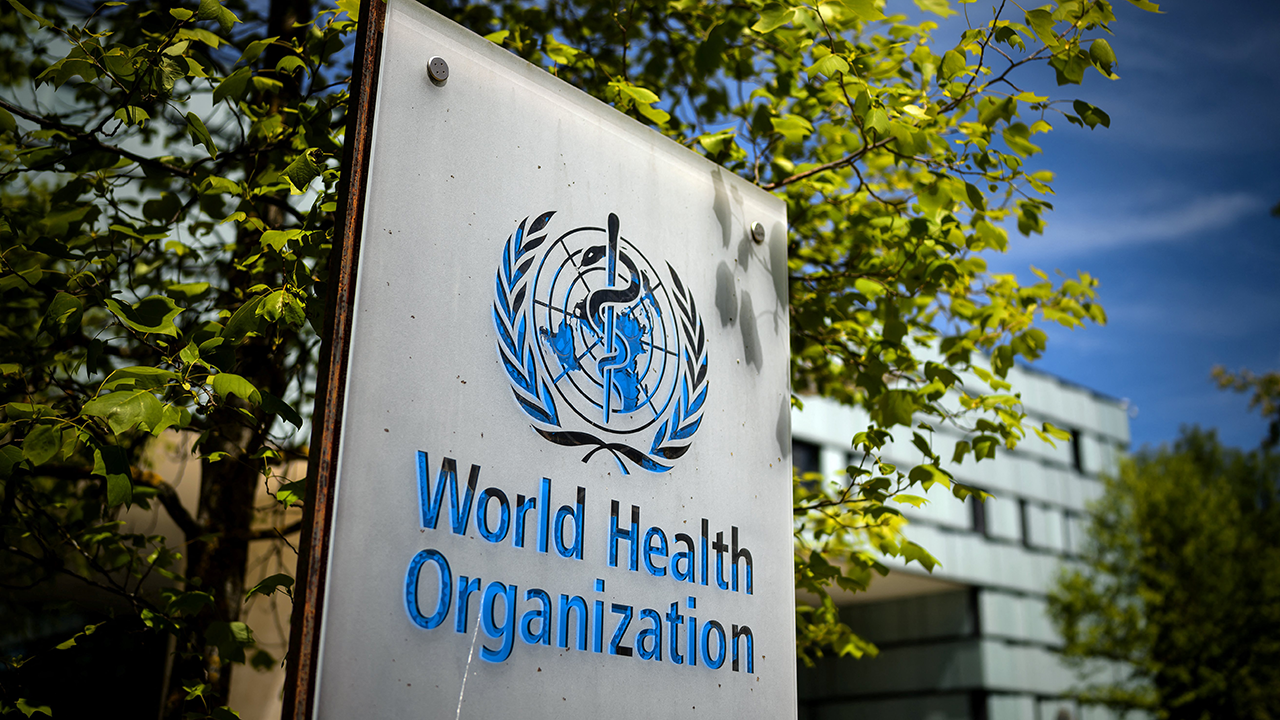The World Health Organization (WHO) weight-loss drugs guidance marks a turning point in global health. For the first time, the agency recommends using modern weight-loss medications to treat obesity in adults. This draft guidance emphasizes that obesity is not a lifestyle issue but a chronic disease that demands medical care.
WHO Weight-Loss Drugs Guidance for Adults
The WHO expert committee concluded that GLP-1 drugs, developed by global pharmaceutical firms, can help adults with a body mass index (BMI) of 30 or above. The drugs should be prescribed alongside lifestyle and behavior counseling. These treatments, already transforming outcomes in high-income countries, may now reshape global care standards.
Obesity: A Chronic Disease
The draft guidelines describe obesity as a “chronic, progressive, and relapsing disease” affecting over 1 billion people worldwide. Outdated views often dismiss obesity as a matter of personal choice, but WHO stresses that medical intervention is essential. Recognizing obesity as a disease shifts the global response from blame to evidence-based treatment.
Global Standards for WHO Obesity Drugs
The recommendation to use WHO weight-loss drugs for obesity treatment represents a major global shift. However, the guidance currently applies only to adults with a BMI above 30. In some countries, such as the United States, these drugs are also prescribed for people with a BMI between 27 and 30 who have related health conditions.
Access and Affordability Challenges
While the WHO backs weight-loss drugs for obesity, affordability remains a concern. High prices limit access in low- and middle-income countries. Earlier this month, WHO stopped short of adding these drugs to its essential medicines list. However, it did include them for patients with type 2 diabetes, highlighting their dual role in treating chronic conditions.
WHO Obesity Treatment Shaping the Future
The introduction of the WHO weight-loss drugs guidance reflects a significant change in global health priorities. By redefining obesity as a chronic disease and supporting medical treatment, WHO sets the stage for a new era in obesity care. Expanding access and affordability will be the next challenge, but the recognition alone marks a critical step forward.







 Today's E-Paper
Today's E-Paper